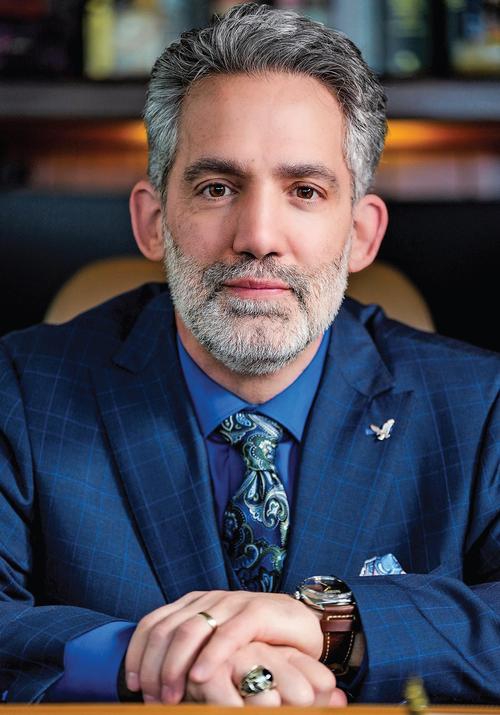Will.
Your last will and testament distributes your property according to your wishes. If you do not have a will, your property will be distributed according to state law. Your will also names the executor who is responsible for the management and closing of your estate, including paying final debts and disbursing personal assets. Your will may also name the legal guardian for any dependents you leave behind.
Financial power of attorney.
When you designate a financial power of attorney, you give someone the right to make financial decisions on your behalf if you become physically or mentally incompetent. The person with power of attorney is limited to performing financial matters only such as paying bills, controlling investments, and filing taxes.
Advanced medical directives.
Advanced medical directives can include multiple documents, including a living will and a durable power of attorney for healthcare. A healthcare power of attorney gives someone of your choosing the legal authority to make healthcare decisions on your behalf if you become incapacitated. While many people outline the actions they want taken such as dementia care or continuation of life support, the person chosen as representative will have the ability to make decisions on things that have not been planned for (such as which medical treatments you will or will not receive).
Trusts.
The creation of a trust can allow your assets to pass to your beneficiaries without the need for probate, potentially saving your family thousands of dollars in court fees and taxes paid by your estate.
| Related links: |


